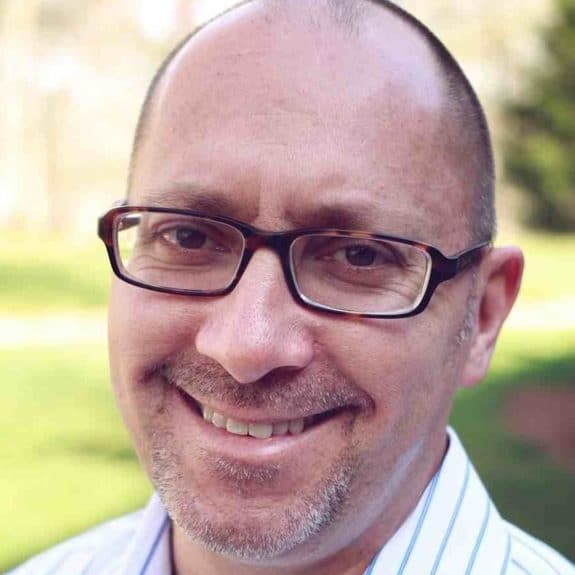|
DALLAS?Even unbelievers have the law of God written on their hearts and can perceive the value of a human life?even if they can’t identify the source of such value, an Oxford bioethicist told a Dallas conference May 7. “Conscience is there and we can use that conscience, we can appeal to that conscience,” E. David Cook said during the “Cutting-Edge Bioethics: Human Life on the Line” conference at Criswell College. “We can work with people who do not share our God, do not share our faith, do not share all that we hold dear but have God’s law written on their hearts. Now maybe (their understanding) is twisted. It may be fallen, but it’s there. And we can use that and build on it.” His lecture, “Who Lives, Who Dies? Allocating Healthcare Resource,” covered the factors healthcare professionals use in deciding who gets care and how far care should be extended. Every country in the world, from second- and third-world nations to technologically advanced countries, has some level of healthcare crisis, Cook said. How they deal with it depends on the worldview of the decision-makers, he said. Improved medical technology has expanded physicians’ ability to sustain life, creating an allocation-of-resources dilemma compounded by patients who are surviving longer, Cook said. “It’s a problem today because of the very success of medical science.” In a nationalized healthcare system such as Britain’s, economists have entered the debate, providing formulas for determining healthcare allocation. “Healthcare economics has become a major opportunity for our failed economics professors,” Cook quipped. During a healthcare conference that included leading British economists, healthcare professional and politicians, and at which Cook was the lone ethicist, the term “quality-adjusted life years” was discussed to describe a formula for determining a numerical value for patients. Cook said the economists considered it an objective factor in making allocation decisions. “You’ll discover if you are very young you will do very well under a quota system. If you are old you won’t do so well. If you are well, you will do very well under a quota system. If you are sick, you will not do very well under a quota system.” Various factors can affect one’s healthcare, including the perception that a patient has family members who monitor his care. Other factors include a perceived value to society, the ability to pay, age and gender bias and the worldview of healthcare providers. “I tell elderly people, ‘If you go to the hospital, tell them ‘I’ve got lots of relatives and they’ll create lots of trouble if you don’t look after me well,'” Cook said. “Because the single, elderly person is very vulnerable in a hospital setting.” He told of one teaching hospital where a heart patient was removed from a machine to make room for a college history professor who suffered a heart attack. “Is the professor of European history worth more than someone who works in garbage disposal, who drive a bus, who’s at home looking after the family? We can have bias or we can have merit. He deserves or she doesn’t deserve. How do you decide who is worthy of treatment?” In reality, rationed healthcare works on a first-come. first-served basis, Cook contended. “I know if I go on the first, second or third of the month, I am likely to get my flu vaccine. But if I go on the twenty-fifth, twenty-sixth, twenty-seventh of the month, ‘Sorry, no vaccine left.’ Because that’s the way they allocate?first come, first served.” |














